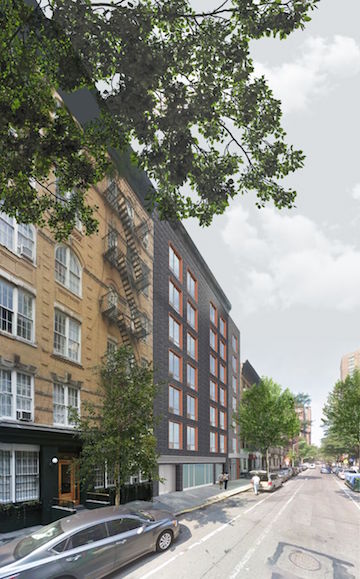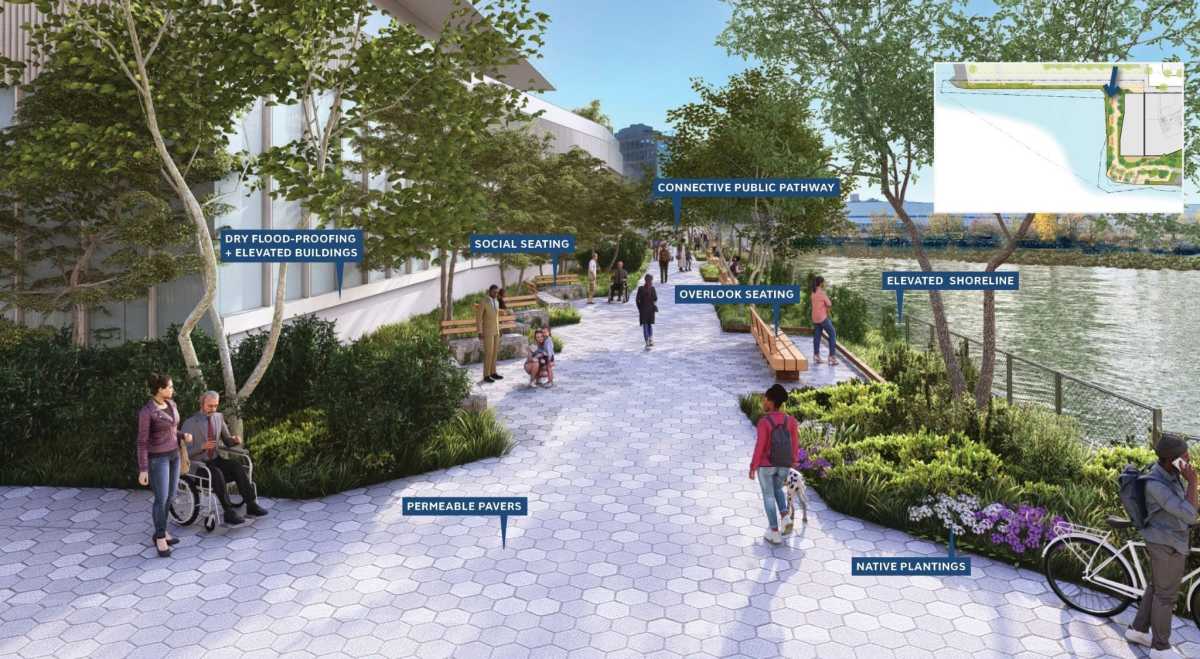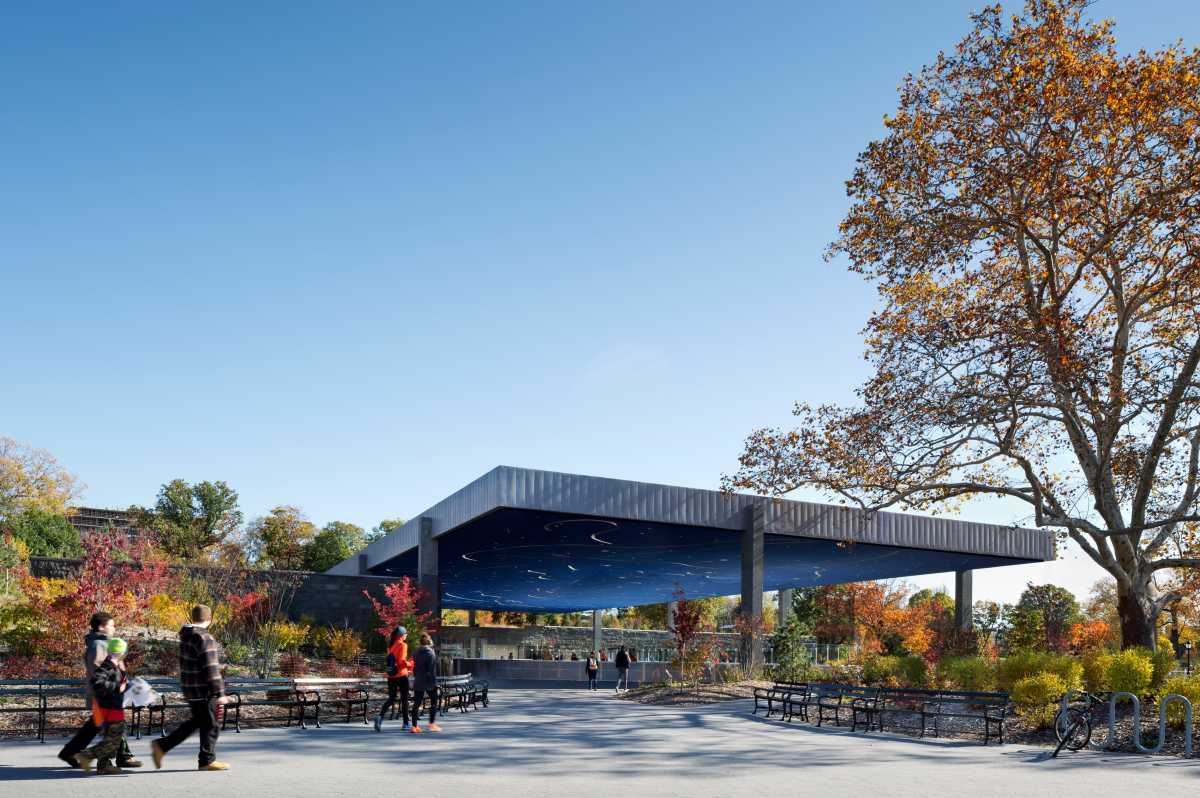
BY JACKSON CHEN | A seven-story supportive housing development is coming to East 91st Street and, once completed at the end of 2018, will become a refuge for 17 women and their children.
The mixed-use building at 316 East 91st Street would provide 17 supportive housing units — with 16 two-bedrooms and a one-bedroom plus a unit for an in-house super — a day care center, outdoor space, and office space.
The 30,000-square-foot building will be run by Women in Need: WIN, a non-profit organization that provides shelter and supportive housing to homeless families headed by women. The organization, led by former City Council Speaker Christine Quinn, has numerous scattered site housing locations throughout the city, with three already operating in Manhattan.
“You can’t solve the homeless crisis without providing the transitional services and supports necessary to keep people leaving shelters, out of shelter,” Quinn, WIN’s president and CEO, said in a release. “Permanent supportive housing provides the kind of wraparound services that will help [moms] gain greater skills, more independence, and keep them from sliding back from their gains.”
Securing scattered affordable housing stock in the city has proven difficult these days, according to WIN’s vice president of supportive housing Nadia Sadloski. Instead, the organization is looking to a “congregate” model, where they can offer housing and services in the same building.
“This offers us the ability to put our own quality control measures in place so we make sure people are living in really good apartments,” Sadloski said. “We’ll handle the property management so if there’s any sort of facilities issues, we’re there to make sure we’re maintaining it to the level that we think our clients deserve.”
The mothers who will live in the 91st Street apartments would never pay more than 30 percent of their income on rent, according to WIN. As the maximum legal regulated rent for the apartments were set at $1,320 a month for the one-bedroom and $1,591 for the two-bedrooms, WIN would make up the difference on top of what the tenants can pay.
Sadloski said the group is currently in the process of selecting the 17 applicants for the building. She added those chosen will most likely be families who have already been living in WIN’s supportive housing.
WIN’s philosophy is that a new, convenient apartment complex can serve as a benchmark of progress for women and their families who have climbed out of homelessness and aim for full independence.
“Most of our clients, when they’re coming out of the shelter system, the first thing they dream about is their own place,” Sadloski said. “The incentive for moving on from our program or finding employment is getting us a little bit out of their hair. Nobody wants to feel like a client for life.”
After WIN presented its floor plans and renderings to Community Board 8’s Health, Seniors, and Social Services Committees on March 28, members of the board and public offered suggestions about a project that was largely viewed in a positive light. CB8 member David Rosenstein and others suggested the building have onsite security due to the tenants’ vulnerability given their history of homelessness and other challenges.
Board member Hattie Quarnstrom-Figueroa requested that WIN look into the affordability of the daycare that’s offered on the first floor. The daycare is expected to be operated by Sunshine Early Learning Center and would be open to both the tenants and the public.
Despite the supportive tone of most of the comments during CB8’s meeting, some neighbors noted the slow progress of work at the construction site.
According to the plans presented last week, the first floor will accommodate a small lobby, the WIN offices, and the daycare center. The outdoor space will include areas for the tenants and for the children in daycare. The building’s second through seventh floors will be all-residential.
Sadloski said her group is still in the early stages of planning, but is looking to continue working with the community with an advisory group established once the project is closer to completion. After the families have moved in, she added, the group will be working on opportunities for integrating the tenants into the wider Upper East Side community.
Construction for the project is being managed by RiverOak, a Connecticut-based investment company, and Azimuth Development, which specializes in the development of affordable housing projects.



































